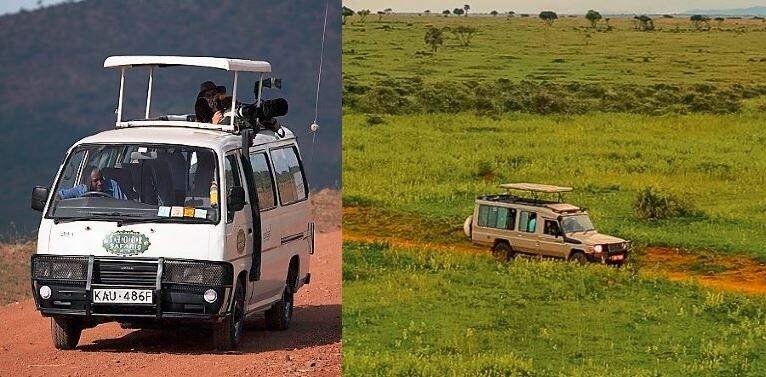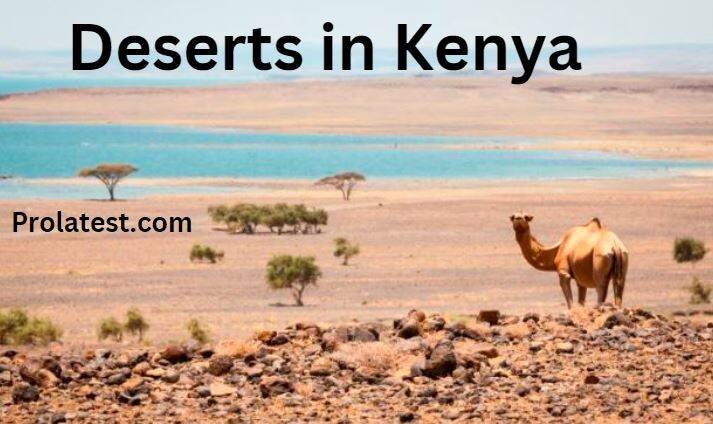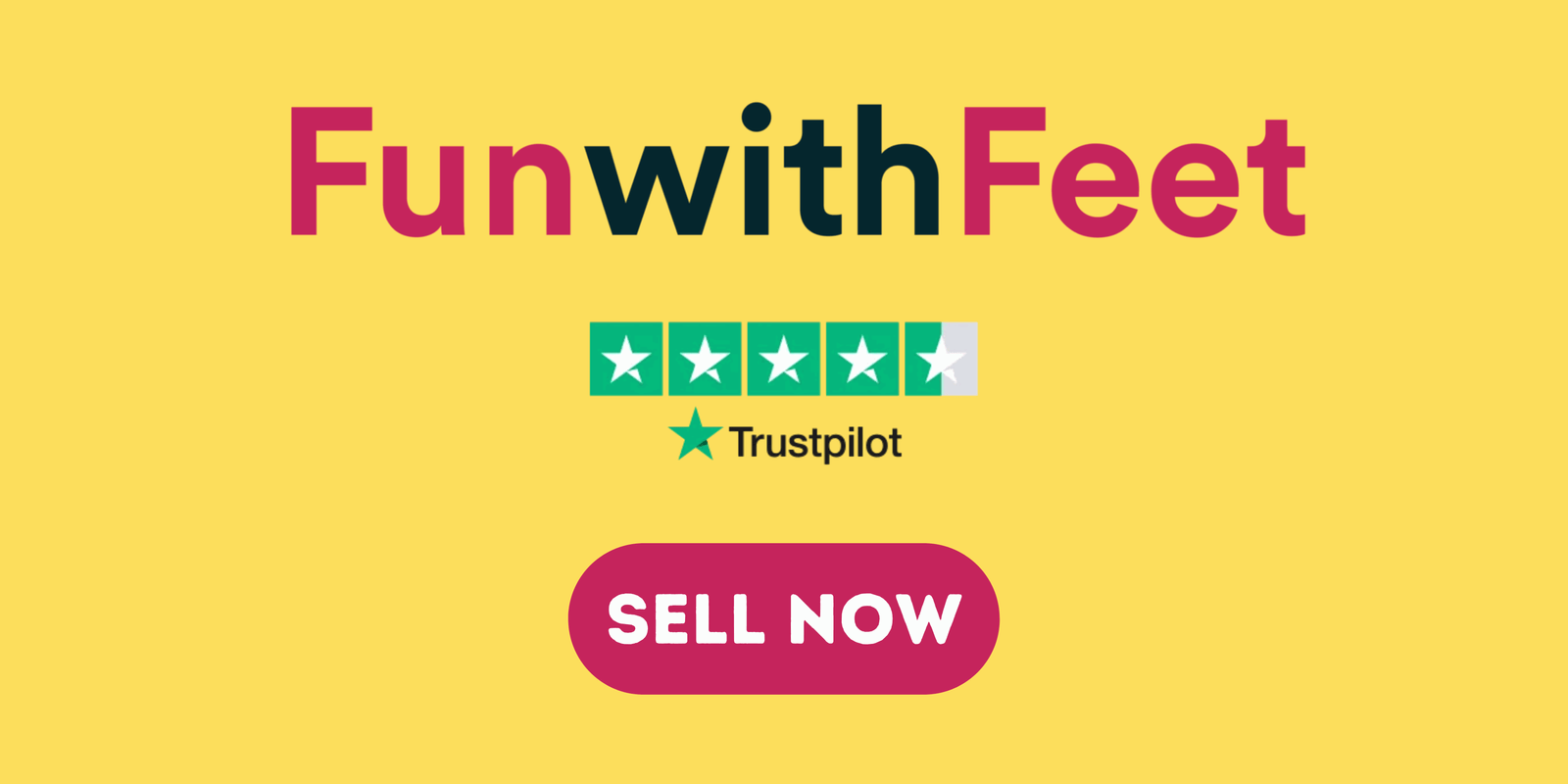As Kenyans, we are more familiar with “Harambee” as a way of raising money when needs arise. We have a history of holding “Harambees” when our loved ones are sick, dead, or looking for school fees. However, crowdfunding in Kenya has emerged as an excellent way for businesses and individuals to secure funding.
Crowdfunding may be your best solution if you’re an entrepreneur with a groundbreaking idea, striving to bring change to your community but lacking capital. You only need to know how crowdfunding works in Kenya and the best platforms to get started.
In this article, we’ll discuss crowdfunding in Kenya, how it operates, and the best platforms to get started. Keep reading to get enlightened.
The Crowdfunding Background
Crowdfunding is a method of raising capital or funding for a project, venture, or cause by collecting small contributions from a large number of people, typically via the internet.
Crowdfunding leverages the collective effort of a large pool of people, known as backers or supporters, to provide financial support to a specific initiative. Crowdfunding platforms serve as intermediaries that connect project creators with potential backers.
The oldest Crowdfunding platform in Kenya is Mchango, which emerged in 2012. Before then, Kenyans came through for each other through “Harambees.” As we know it, a “Harambee” allows the community to pull its resources together to support a given cause.
Crowdfunding platforms have emerged and closed down because of a lack of the citizens’ trust. Examples of platforms that collapsed shortly after their launch are Drofund and Changia Boresha.
The Lelapa Fund Crowdfunding, an equity-based program, began in 2015. It aimed to support Africans based abroad to invest within the Continent. Although officially regulated by the African Crowdfunding Association, Lelapa ceased working in 2018.
The local Crowdfunding industry remained unregulated for many years. So some unscrupulous Kenyans started creating scam crowdfunding platforms. Luckily, the local crowdfunding industry became a regulated funding source by the Capital Markets Authority (CMA) in 2022.
After 2022, all crowdfunding platforms in Kenya are expected to have a license from the CMA. They must also accept responsibility for transactions undertaken on their platforms.
Find Out: Top 13 Providers Of Logbook Loans In Kenya
Types of Crowdfunding
There are several crowdfunding models used today. The four types of crowdfunding that work in Kenya are:
- Reward-Based Crowdfunding: Backers contribute funds to a project in exchange for non-monetary rewards, such as early access to a product, exclusive content, or other perks.
- Equity-Based Crowdfunding: Investors receive equity or ownership in the project or company in exchange for their financial support. This model is often used by startups and small businesses.
- Debt-Based Crowdfunding (Peer-to-Peer Lending): Backers lend money to the project creator, and the creator agrees to repay the loan with interest over a specified period.
- Donation-Based Crowdfunding: Contributors provide funds without expecting any financial returns or rewards. This model is commonly used for charitable or personal causes.
Also Read: How To Start An NGO In Kenya: The Ultimate Guide
Crowdfunding Platforms in Kenya
A crowdfunding platform can help you network with people who can help you with money. It’s a website that attracts donors with an interest in funding profitable projects.
It’s worth noting that in most cases, crowdfunding platforms deduct a percentage of the total contributions as fees. In most cases, crowdfunding platforms deduct between 0 and 12% of the total amount raised as fees.
That said, here are the main crowdfunding platforms in Kenya:
1. Kickstarter
Kickstarter is an established Crowdfunding platform. It has made crowdfunding in Kenya and other countries possible. Kickstarter started its operations in April 2009 and became a corporation that benefits the public in 2015.
Kickstarter targets creative and artistic people who have so much talent but little or no financial abilities. So far it has attracted twenty-three million members. Together, they have completed more than two hundred and fifty projects.
Kickstarter has categories such as art, music, games, comics, illustration, etc. You only need to locate the category to base your project campaign on.
2. GoFundMe
One of the leading crowdfunding platforms on the globe is GoFundMe. With PayPal, a third-party payment gateway, GoFundMe promotes charitable organizations with donations. If you want to raise cash for paying medical fees, school fees, burial fees, or helping poor people, you can try GoFundMe.
You do not have to pay any fees to use the platform. However, you will incur a PayPal fee of 2.9 percent when transacting, plus 0.3 extra dollars. GoFundMe has many people who are willing to support noble causes.
3. Mighty Cause
Do you have a non-profit making organization and are in dire need of funds? If yes, you can raise money via the MightyCause platform. The website has a free Basic Plan and a Premium Subscription Plan.
If you want the latter, the monthly charge is $99. You get more features as a premium member, such as raising funds for a wedding event.
4. Fundly
Fundly is among the user-friendliest websites offering crowdfunding in Kenya. The private organization does not require creating an account from scratch if you have one with Facebook. Use your Facebook to sign up and hold fundraising campaigns.
Fundly does not have a minimum limit on the funds you can raise for charity. Moreover, you can fundraise and withdraw money on the same day. The technologically advanced platform enables you to run your campaigns on relevant videos, images, Instagram, and blogs.
After raising your donations, Fundly will deduct its portion at 4.9%. Also, you will incur a money processing fee of 2.9% plus 0.30 dollars.
5. Classy
Do you have upcoming events but no money for planning them? Event planners like you use Classy to hold a fundraiser for their projects. Classy has advanced email features to assist you in responding to messages from interested donors.
In addition, Classy boasts a user-friendly interface with customizable campaign hosting web pages. If you have a problem, seek assistance instantly from the customer support service via the live Chat feature.
One disadvantage with Classy is that it has no free subscription plan. Instead, it has a free trial subscription plan, allowing you to join or quit at the expiry date. You must contribute $499 monthly as a premium member to raise money for your events via the platform.
6. Indiegogo
Idiegogo is one of the best crowdfunding platforms in Kenya.
The private organization is ideal for those looking to pursue a development project. Givers will share their finances to receive a portion of your proceeds.
Indiegogo enables givers to get a percentage of any funds they pledged, providing it is over $100. Furthermore, it boasts a reward system enabling givers to win a prize based on their donations.
Idiegogo offers different categories, including innovation, marketing, social, and technology. Once you choose your favorite category, the platform will showcase your photos, messages, and videos to prospective donors or investors.
You can host fundraising campaigns for a charitable cause for free. If raising money to start a profitable venture, you will incur a five percent fee on donations plus credit card charges.
Local Crowdfunding Platforms in Kenya
Crowdfunding in Kenya is less established with some platforms dwindling soon after emerging. The few remaining ones include:
- M-Changa – Made by Kyai Mullei and David Mark back in 2012. Locate them in the Westcom Building, Block B, 3rd Floor, Nairobi. Contact them on 254 20 765 0919.
- M-PESA Paybill – This is a fundraising platform by Safaricom. Once you get a pay bill number from Safaricom, share it with other Kenyans so they can channel their contributions there. However, Safaricom requires evidence of your cause.
Crowdfunding in Kenya – The Capital Markets Authority Regulations
On September 30, 2022, the Capital Markets Authority (CMA) created investment-based crowdfunding regulations. These regulations will help control micro, small, and medium businesses when seeking funds via crowdfunding.
For a business to qualify, it should have operated for at least two years and boasts robust corporate governance. These regulations also affect anyone running a crowdfunding platform in Kenya.
This can be a company with a physical office, such as Mchango, or an international crowdfunding company targeting Kenyans. According to CMA, anyone looking to run a crowdfunding platform in Kenya should apply for a license.
They should also take full responsibility for the transactions done on their crowdfunding site. When applying for the CMA license, ensure you have these prerequisites:
- Robust financial foundation with proofs such as bank statements, audited financial performance reports, etc.
- A certified photocopy of your Certificate of incorporation.
- A business plan with estimated operating costs.
- Reach the minimum and maximum paid-up share capital threshold of $32,000 to $64,000.
- Details of your crowdfunding website, including its security and privacy measures.
- How do you liaise with third-party service companies to make crowdfunding possible?
- Explain your process of verifying your donors/investors and project owners or entrepreneurs.
- Discuss your risk management strategy, including fraud detection and prevention formulas.
Another regulation affecting the platform owners requires that they share no investment knowledge or suggest the rate of return of any project with investors. They cannot raise or borrow funds using their crowdfunding websites to do individual development projects.
Lastly, micro, small, and medium-sized businesses can only raise 100 million in one year. Entities that cannot crowdfund include:
- Ventures with poor management practices.
- Public-listed organizations and their branches.
- Businesses that want to issue loans or obtain existing entities with the sourced funds.
CMA Regulations for Project Participants
The crowdfunding regulations by CMA affect project participants differently. A project issuer is the one who runs fundraising campaigns while the investor is the one who responds. Both use the crowdfunding platform to communicate and transact.
The crowdfunding platform should create an offer document if an issuer provides securities in exchange for funds. They should indicate every offer detail and describe the funds handling process.
Then, they should submit this document to the Capital Markets Authority for approval. If CMA approves the project, the owner can begin sourcing money immediately. If they fail to raise the required amount, the CMA requires the platform to refund all funds within forty-eight hours.
Sophisticated and Unsophisticated Investors and CMA Regulations
According to CMA, a sophisticated investor can donate any amount. A sophisticated investor is somebody who:
- Is licensed according to the Capital Markets Act.
- Acts on behalf of an authorized individual project or a group investment scheme.
- Is a bank or its subsidiary, an insurance corporation, a pension fund, etc.
- An Individual or business entity representing a given trust.
Unsolicited investors should contribute up to 100,000 Kenyan shillings.
How to Create a Crowdfunding Campaign in Kenya
Once you identify the best crowdfunding platform in Kenya, the next thing is to create an account. After that, follow these general rules when starting a crowdfunding campaign:
- Create a campaign page using the resources on the platform.
- Describe your business or charity project fully by giving details of the money you plan to borrow, the campaign duration, and how to contribute.
- If you plan to reward donors, state the prizes they will get.
- Make a pledge page to allow people to add the amount they want to donate. You can refer to it to see those who have met their pledges. The page should reveal the rewards available to these donors/investors.
- Make a donation page to help people donate. It must show the prizes you would give them.
- Start running your fundraising campaign.







